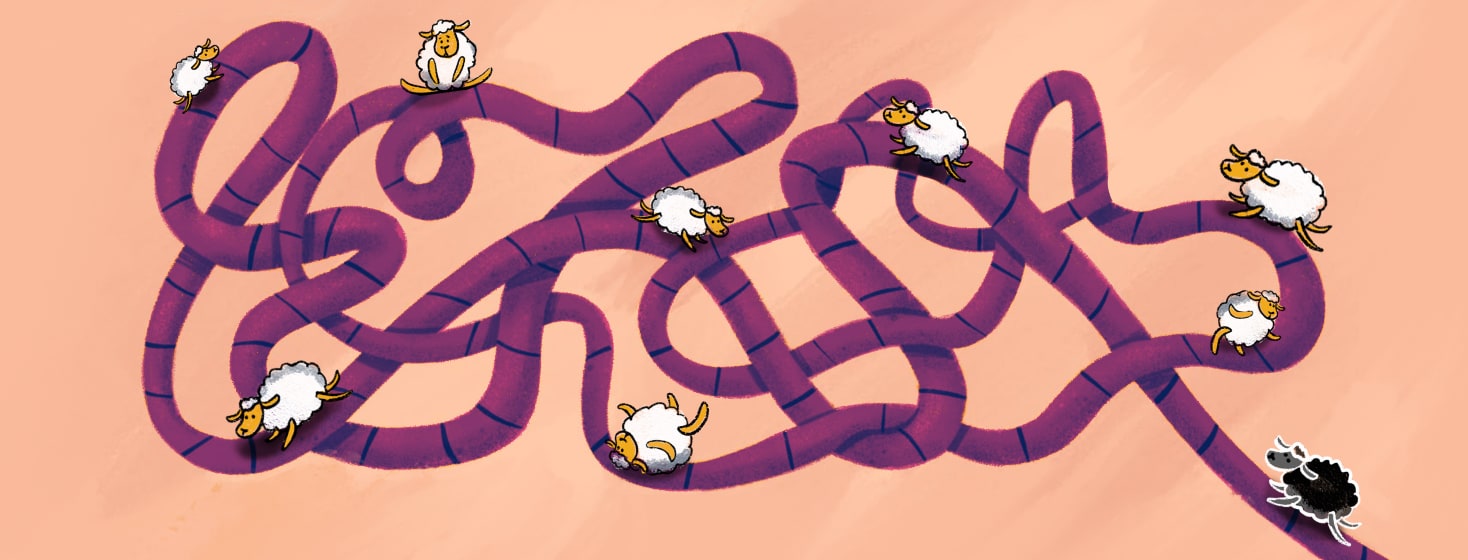Diagnosed with Ulcerative Colitis: My First Steps into the IBD Community
In early 2013, I began experiencing severe gastrointestinal issues - abdominal cramping, urgent bowel movements, bloody diarrhea. At first, I chalked it up to a stubborn case of food poisoning. But when the symptoms persisted I knew something more serious was going on. I found myself running to the bathroom every 20 minutes and getting dangerously dehydrated. I couldn't even keep down a sip of water. This wasn't normal food poisoning - something was seriously, seriously wrong with my body.
I finally decided to haul my sorry butt to the ER for help. The doctors took one look at my condition and referred me to a gastroenterologist for more testing and a colonoscopy. Immediately after the colonoscopy my physician confirmed the diagnosis - ulcerative colitis throughout my entire colon, known as pancolitis.
Just like that, my adventurous 20s life was flipped upside down at 25 years old. The rocky, unpredictable road of living with an inflammatory bowel disease was just beginning.
An alternative path through food
Like many newly diagnosed, I was prescribed immunosuppressants and high dose of steroids to get my flare-up under control. While I understood the importance of medication, the idea of being so reliant on drugs long-term made me feel powerless over my own health. There had to be complementary steps I could take to regain some control.
When I asked my gastroenterologist if dietary changes could potentially aid my treatment plan, he surprisingly recommended trying the Paleo diet.
Maybe he could sense I was a bit of a crunchy granola gal at heart. Or maybe he just had an unconventional spirit himself. Either way, going full caveman by ditching grains, dairy, and legumes seemed pretty woo-woo in 2013. But, hey, If the prehistoric folks could survive without Flamin' Hot Cheetos, surely I could too, right?
In those early months, I felt very alone and isolated on my unconventional path. None of my friends or family could really relate to not only suffering from this horribly painful disease, but also reinventing my entire lifestyle around an ancestral diet.
That’s when I took to Instagram to share my food and ulcerative colitis journey. I discovered the online community of IBD patients and bloggers. That’s when I knew I wasn’t alone. Our community of warriors is so vast! I met people from around the globe also exploring dietary interventions and natural remedies. Reading their stories, swapping tips, and connecting over our shared struggles provided much-needed support and camaraderie.
Becoming the lone "black sheep"
Unfortunately, as empowering as my dietary journey felt thanks to those internet connections, the wider patient community wasn't so open-minded about my path to remission.
When I started sharing my unconventional colitis journey on social media, it opened me up to a lot of judgment from my own community. Pictures of bone broth and veggie-packed Paleo meals were met with a lot of comments about how it is dangerous and to “just take the meds”. I'm talking major side-eye at the mere mention of dietary changes helping my colitis. Long-time IBD warriors who had been battling for years would sneer at me, the misguided "wellness weirdo" putting way too much stock in some silly fad diet. Even suggesting food could be a complementary therapy was enough to get me labeled a dangerous quack!
Things really came to a head at a patient advocate summit during Digestive Disease Week. This was the first time I was meeting IBD patients like me in real life. My people! Or were they? Some of my peers at the summit suggested there should be rules about who's allowed to share IBD info publicly. Their comments were squarely targeted at me who dared explore alternatives.
In the conventional IBD world, talking about food was still taboo back then. My journey ruffled feathers as I awkwardly straddled the worlds of Western medicine and natural healing. To most, I was just a black sheep who was going about it the wrong way. But my improved health was worth enduring the judgment.
Embracing all journeys
It’s amazing to witness the evolution of education surrounding all components of a health journey. Now, many online resources for ulcerative colitis patients include information about food, diet, nutrition, and even recipes. Things changed since the start of my journey.
If I’ve learned anything about the IBD community it’s that we are all so individual. There's no one-size-fits-all approach. We deserve to chart our own course and be met where we are in our journey, rather than where someone else is in theirs. It's important to accept one another for the individual journeys we are on.

Join the conversation